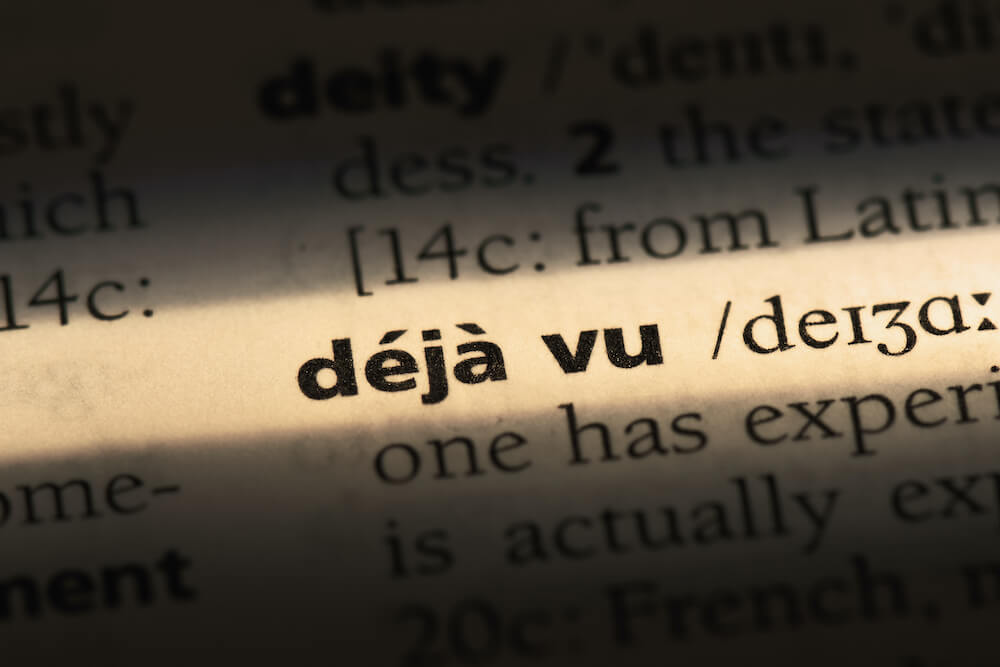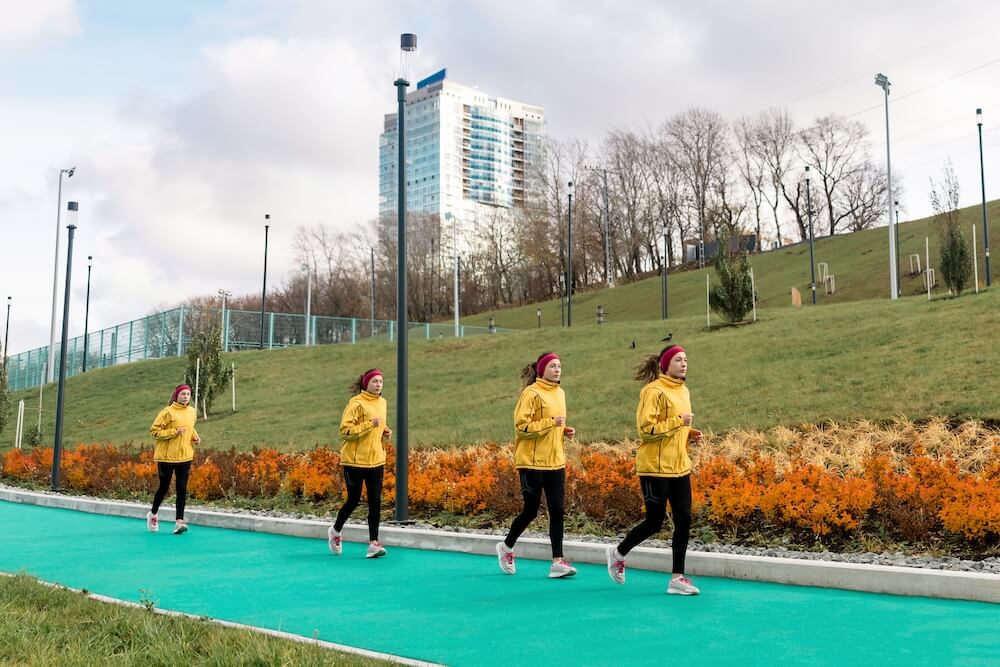Déjà vu: you’ve already seen this before
Sometimes our brain gets the idea that we’ve been through things that happen right before our eyes. Does it happen to everyone? Can neuroscience explain it?

What does deja vu mean?
When seeing something for the first time, have you ever had a feeling that you’ve seen this before? Pop culture absolutely loves this phenomenon, interpreting it as a glitch in the matrix, a prophetic vision, or a paranormal occurrence. However, from a neuroscience point of view, this topic is actually quite complex and unclear.
Déjà vu means “already seen” in French (that’s why the term is written with all those accented letters). It describes a brief moment of confusion when a person feels that they have already lived through the present situation.

Déjà vu is one of the more mysterious things our brains are capable of—along with insight and intuition. All these experiences are quite subjective and hard to replicate in lab conditions. Scientists keep working on that and we do hope to get more precise information in the future.
Here, we’ll try to answer two questions. How science even approaches this problem? What the most likely explanations of deja vu are?
How does deja vu work?
As we’ve said, déjà vu is tricky to study. This feeling occurs spontaneously and thus can not be called at will during the experiments. As it is impossible to conduct experiments and observe it in a laboratory setting, we have to be content with a theoretical explanation based on subjective experiences. Alas, we cannot “prove” any of these hypotheses by practical evidence.
To offer these explanations, neuroscientists and psychiatrists rely on statistics and correlations. Neurologists, neuropsychologists and psychologists want to grasp the nature of this feeling on a more personal level, studying personal records and brain scans.
Can we even study it?
Many studies of déjà vu are linked to memory. For example, a 2018 study at Colorado State University suggests that this phenomenon occurs when someone lives through a scenario similar to their actual memory, but they fail to recall it.
To test their suggestion, the scientists created several similar virtual maps in The Sims video game. Findings revealed that the study participants were more likely to report the feeling of déjà vu when travelling through a map spatially similar to one they visited before.
According to other studies, up to 80% of people have experienced déjà vu at least once. It is generally more common in children and young adults. Many people get the feeling for the first time when they are 6–10 years old. After the age of 25, people report less and less instances of déjà vu.
Some scientists explain it through the fact that older people have a less active imagination and their brains are better at detecting what is real and what is associated with memory.

However, even older people who travel a lot or watch many movies have déjà vu more often than those who get fewer new experiences in their lives.
We are yet to find any physical manifestation of déjà vu in the brain scans—however, people who suffer from temporal lobe epilepsy are more likely to get this feeling. Other studies correlate the increased likelihood of déjà vu with the anxiety or dissociative personality disorders.
There was even a study in which the researchers tried to trigger déjà vu in volunteers manually—by stimulating their hippocampus. However, more in-depth scans revealed that this also triggers decision-making brain regions.
